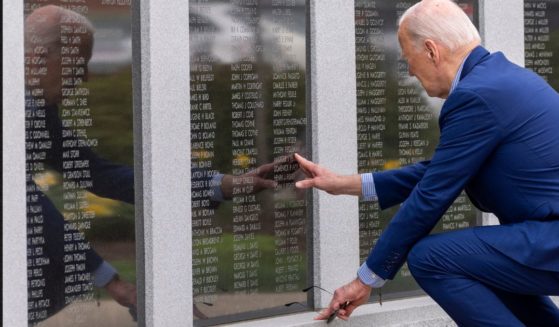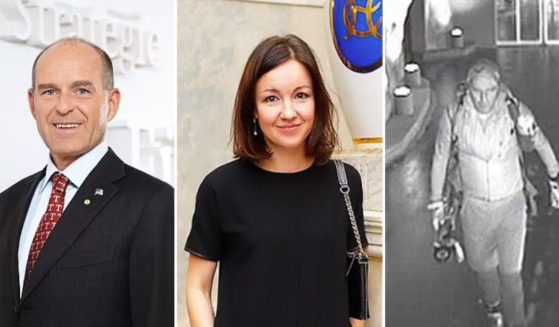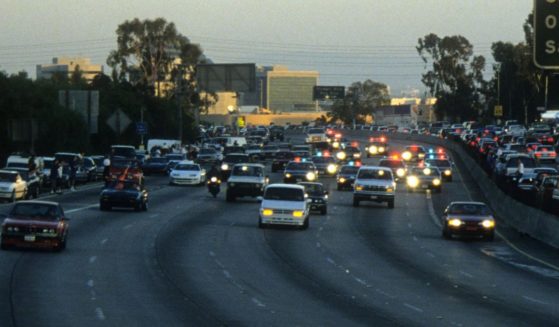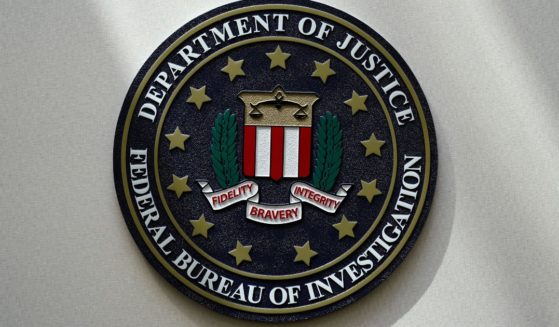Bangladesh building fire exposes safety vulnerabilities
DHAKA, Bangladesh (AP) — Authorities in Bangladesh imposed tougher safety rules after more than 1,100 people died when a garment factory complex collapsed near Dhaka in 2013. But continuing corruption and lax enforcement have resulted in many more deaths from safety lapses since the Rana Plaza disaster, including a fire Thursday at an illegally constructed high-rise office building that killed 25 people and left dozens injured.
The fire in Banani, a busy upscale commercial district, exposed the vulnerabilities hidden behind the glass towers that have become symbols of Bangladesh’s rapid growth. While its economy has expanded by more than 6 percent annually in the last decade, safety regulations and enforcement have lagged behind, experts say.
“Our greed, our corruption and mismanagement — all equally responsible for this situation,” said Syeda Rizwana Hasan, chief executive of the Bangladesh Environmental Lawyers Association.
A fire in the oldest part of Dhaka, a 400-year-old area cramped with apartments, shops and warehouses, left at least 67 people dead last month.
In 2012, a fire raced through a garment factory on the outskirts of Dhaka, killing at least 112 people trapped behind its locked gates.
Another fire in Old Dhaka in a house illegally storing chemicals killed at least 123 people in 2010.
Hasan’s group counts at least 16,000 fire incidents across Bangladesh in the last decade which killed about 1,590 people, according to data compiled from the fire department and other government and media reports.
Officials from the Capital Development Authority, which regulates building construction, said the owner of the F.R. Tower in Banani, a glass, 22-story building, sought permission in 1996 to develop an 18-story high-rise. In 2005 the owner submitted a building design that showed it had added four floors.
Authority chairman Abdur Rahman told the Daily Star newspaper that the four extra floors violated the building code. Rahman did not respond to messages from The Associated Press asking whether any action was taken against the owner in response to the violation.
The F.R. Tower also lacked adequate safety materials and the emergency exits were not properly built or maintained, fire officials involved with the rescue operations said Friday.
Facebook Live video showed people climbing out of windows attempting to escape, and one person slipping off what appeared to be a rope and falling to the ground.
S.M. Rezaul Karim, Bangladesh’s minister for Housing and Public Works, said at the scene of the blaze that criminal cases would be filed against the tower’s owner, S.M. Faruque. Faruque could not be contacted despite repeated calls.
Karim said the deaths from Thursday’s fire were “murder,” not an accident.
In Bangladesh, culpable homicide charges are brought if any deaths occur because of negligence.
“Now the minister is saying some floors have been constructed illegally, but what did his officials do in the past when they allowed the design and construction? Those officials must be brought to justice, they must face punishment for their failure,” Hasan, the environment lawyer, said.
After the Rana Plaza disaster, the U.S. Department of Labor funded a project to improve fire and building safety in Bangladesh, with a special focus on the country’s $30 billion garments-for-export industry, the world’s second largest after China.
But the International Labor Organization said in a 2017 report that Bangladesh’s regulatory framework and inspections “had not been able to keep pace with the development of the industry.”
Because of more frequent inspections during the project’s life, from 2013 until 2017, hundreds of garment factories had closed, according to Atiqul Islam, the mayor of Dhaka North City Corporation, an elected body responsible for city services, including trade licenses.
“We did not compromise with the safety standard and compliance issues,” Islam said.
Bangladesh’s building code is a highly detailed document, prescribing the number of staircases and emergency exits as well as fire safety equipment, but corrupt officials often take bribes to allow areas designated in official records as one thing — parking spaces, for example — to be used for another, such as shops or warehouses, said Abu Naser Khan, chairman of the Save the Environment Movement, an independent advocacy group.
Bangladesh’s safety regulations for housing, commercial and industrial setups are adequate but authorities lack “will and capacity” to follow them, Khan said.
“Laws are there but you can change many things if you are connected to the ruling circle and if you have money,” Khan said.
___
Schmall reported from New Delhi.
The Western Journal has not reviewed this Associated Press story prior to publication. Therefore, it may contain editorial bias or may in some other way not meet our normal editorial standards. It is provided to our readers as a service from The Western Journal.
Truth and Accuracy
We are committed to truth and accuracy in all of our journalism. Read our editorial standards.












